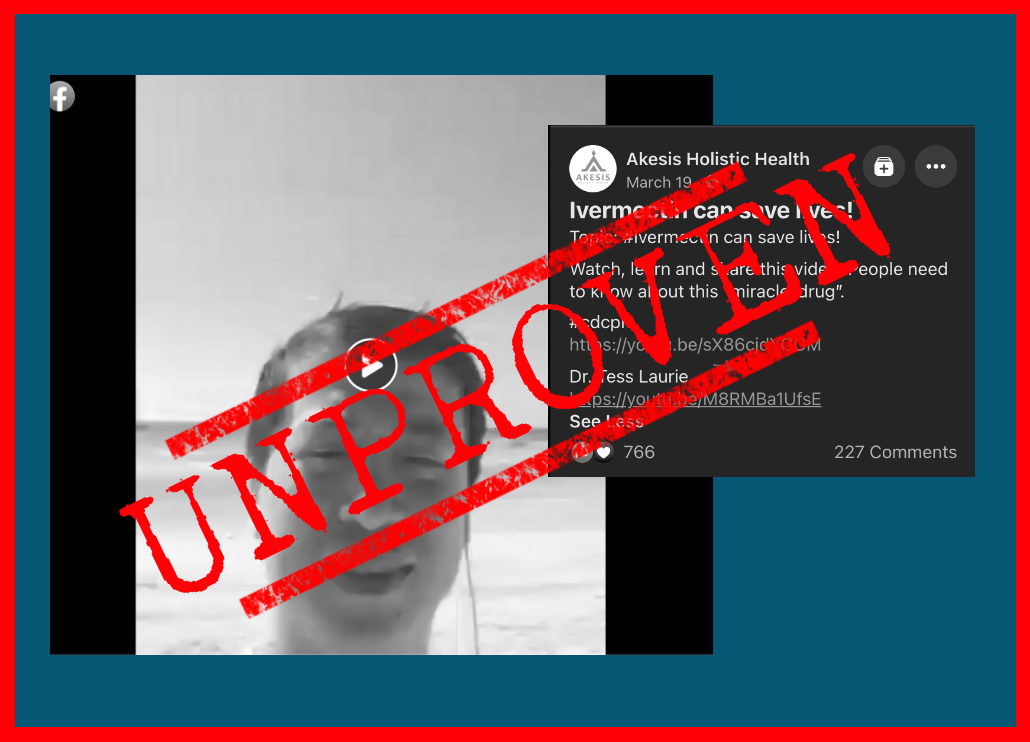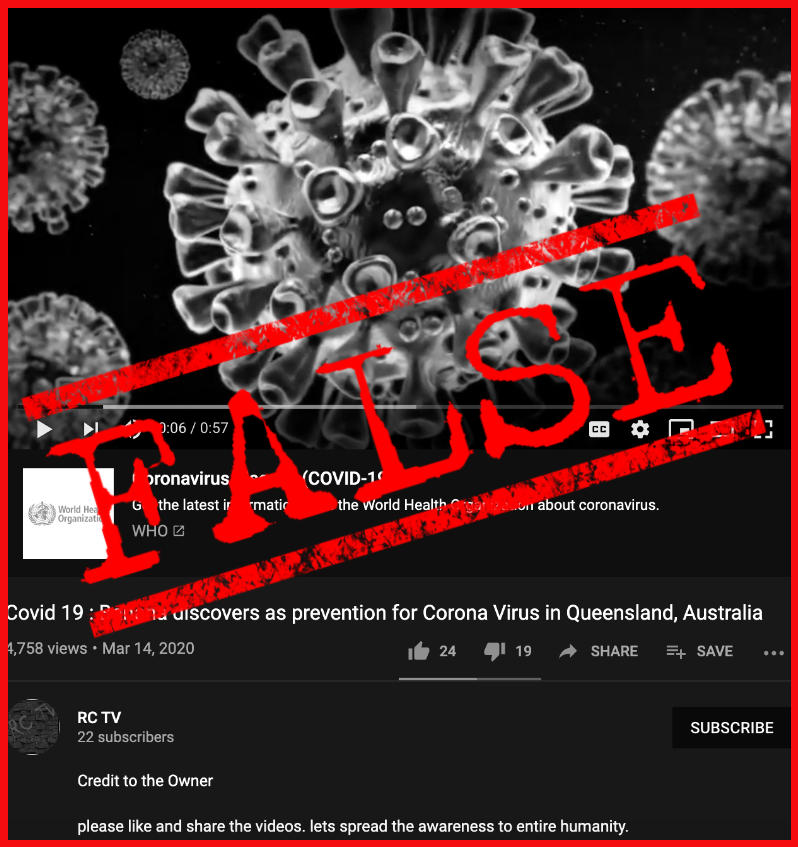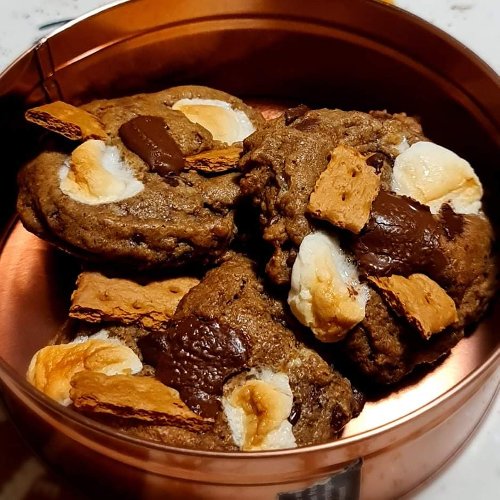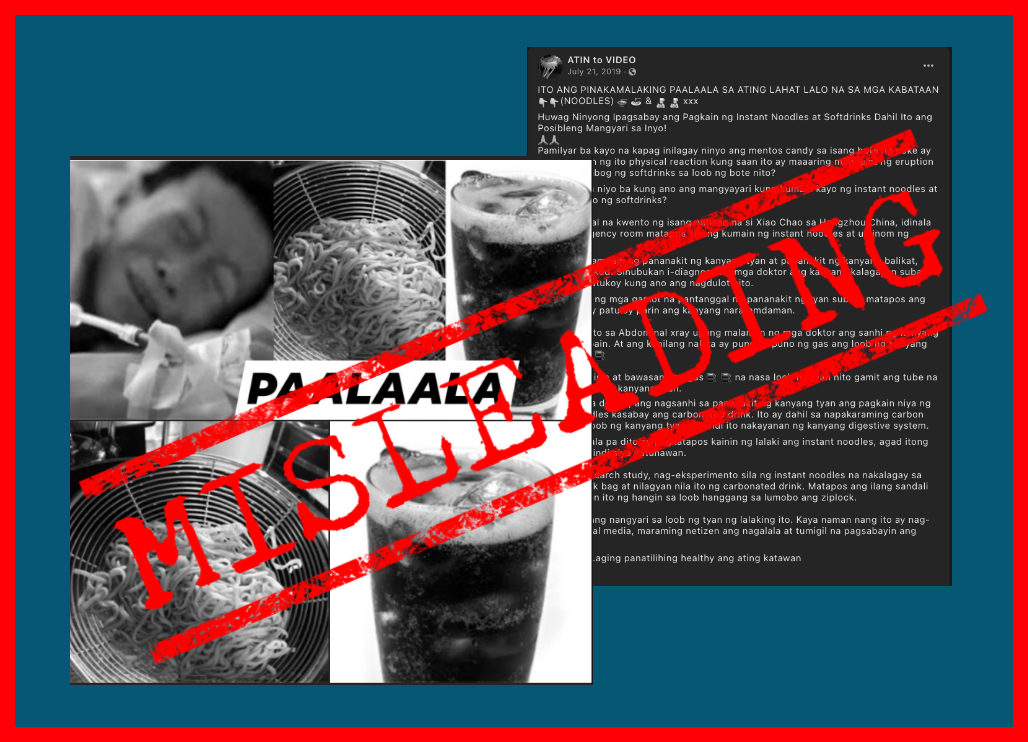Multiple Facebook (FB) users and pages recently published a post falsely claiming that the 2019 novel coronavirus (2019-nCoV) only thrives in cold weather, and that salabat or fresh ginger tea can cure the disease — officially named COVID-19.
On Feb. 1, two days after the Department of Health (DOH) announced the first positive case of COVID-19 in the country, at least three netizens posted a lengthy status update providing information on the new illness: its symptoms, how it survives, and instructions for making the ginger-based “cure.” FB page Our Daily Health published the exact same post on Feb. 7; and Natural Herbs Halamang Gamot atbp Lunas on Feb. 9.
The inaccurate post claims that 2019-nCoV — “like all kinds of coronaviruses” — only survives in cold weather and is “unlikely” to thrive in warm weather.
It also claims that drinking hot salabat on an empty stomach for three days straight instead of water, and not eating anything for the first 24 hours, is a remedy for COVID-19. It further says the more ginger used in the tea, the faster the virus will be killed.
These claims are not true.
The World Health Organization (WHO) has already debunked the claim about 2019-nCoV “surviving” only in cold weather, in a series of myth-busting infographics. It said: “2019-nCoV has spread to countries with both hot and humid climates, as well as cold and dry.”
In a Jan. 29 press briefing, Health Secretary Francisco Duque III also described claims that the 2019-nCoV is “less infectious” in warm countries as “pure speculation.”
The United States’ Centers for Disease Control and Prevention (CDC) clarified in an explainer that as of now, it is still uncertain whether weather and temperature can directly affect the communicability of the virus.
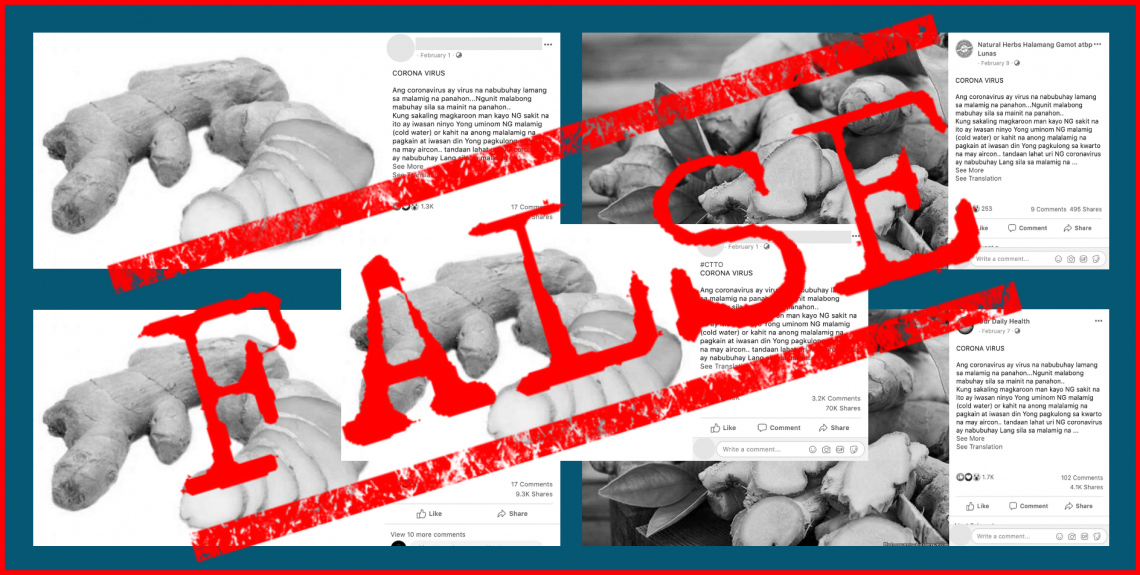
On the matter of salabat being a “cure” or “remedy” for COVID-19, WHO reiterates that there is “no specific medicine recommended to prevent or treat the novel coronavirus.” To avoid contracting the virus, the agency instead encourages everyone to have “basic hand and respiratory hygiene, safe food practices, and avoiding close contact with anyone showing symptoms of respiratory illness.”
A WHO Q&A; on coronaviruses also says that drinking traditional herbal teas, among other rumored cures, is “NOT specifically recommended as 2019-nCoV remedy as (it is) not effective to protect yourself and can be even harmful.”
Lastly, the claim that “all coronaviruses” only survive in cold weather is also not true.
Coronaviruses are a family of viruses that cause respiratory problems. Apart from the 2019-nCoV, other known coronaviruses that affect humans are the deadly Middle East Respiratory Syndrome coronavirus (MERS-CoV) and the Severe Acute Respiratory Syndrome (SARS).
Contrary to the circulating false post’s claim, the MERS-CoV outbreak in Saudi Arabia from 2012 to 2015 peaked during the hot season, and the highest number of confirmed cases was recorded in summer, a 2017 study shows.
A professor of epidemiology from Harvard University explained that a hypothesis for why warmer seasons are thought to decrease virus spread includes “higher vitamin D levels resulting in better immune responses;” “higher absolute humidity which impairs virus transmission;” and “no school in the summer” which lowers the transmission rates among children.
However, the professor emphasized that the current understanding on the “seasonality of coronaviruses” remains “speculative.”
The five FB posts carrying the same false claims got an accumulated total of around 18,500 reactions, 3,300 comments, and almost 122,000 shares from netizens on the social media platform.
FB Pages Our Daily Health and Natural Herbs Halamang Gamot atbp Lunas were created in September 2017 and March 2016, respectively.
(Editor’s Note: VERA Files has partnered with Facebook to fight the spread of disinformation. Find out more about this partnership and our methodology.)

